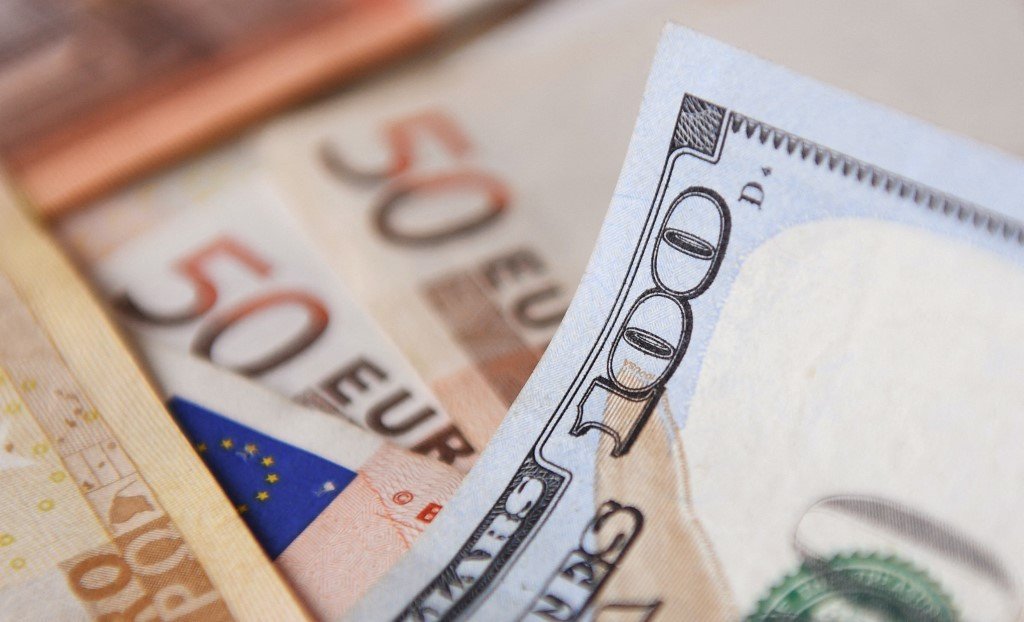Russia’s main bourse halted trading in the dollar and euro on Thursday after the United States imposed new sanctions on Moscow over its military offensive in Ukraine.
Washington announced on Wednesday it was imposing major new financial sanctions on the Moscow Exchange, Russia’s main stock market and foreign exchange clearing house.
JOIN TELEGRAM!
Follow our war coverage at @Kyivpost_official.
“Due to the United States’ introduction of restrictive measures against the Moscow Exchange Group, foreign exchange transactions and settlements denominated in US dollars and euros will be suspended,” the Russian central bank said in a statement late on Wednesday.
Measures targeting Russians’ ability to buy or trade foreign currency typically provoke a strong backlash in Moscow and across Russian society.
The exchange rate is seen as an important indicator of the health of the Russian economy.
Having endured several currency devaluations in the three decades since the collapse of the Soviet Union, many Russians prefer to store their savings in Western currencies and often sell the ruble during economic crises.
During the Soviet era, there was a thriving black market in currency with prices far removed from the official national exchange rate.
Both the central bank and the Kremlin have sought to calm public fears.
“Companies and individuals can continue buying and selling US dollars and euros through Russian banks. All US dollar-denominated funds held in their accounts are safe,” the bank said in a statement on Wednesday.

Other topics of interest
EU imposes sanctions on major Russian oil carrier
The European Union is proposing sanctions against Russian oil shipping company Sovcomflot, Bloomberg reported.
And Kremlin spokesman Dmitry Peskov said on Thursday that regulators were “ensuring stability on all markets,” state media reported.
Russians can still trade dollars and euros outside the Moscow Central Exchange, but this could limit liquidity and lead to increased volatility.
In the two years since Moscow ordered troops into Ukraine, many Russian companies and banks have already reduced their reliance on Western currencies, and Chinese yuan now accounts for most foreign currency transactions on the Moscow Stock Exchange.
On Thursday, spreads at some banks – the difference between buying and selling prices of currency – were typical at 3-10 rubles.
When the sanctions were introduced, some countries immediately raised the exchange rate to 200 rubles per dollar.
The Russian central bank had fixed the exchange rate at 89 rubles to the dollar on Wednesday, before the sanctions were announced.
Peskov said Thursday that Russia was “considering” possible retaliatory measures.

